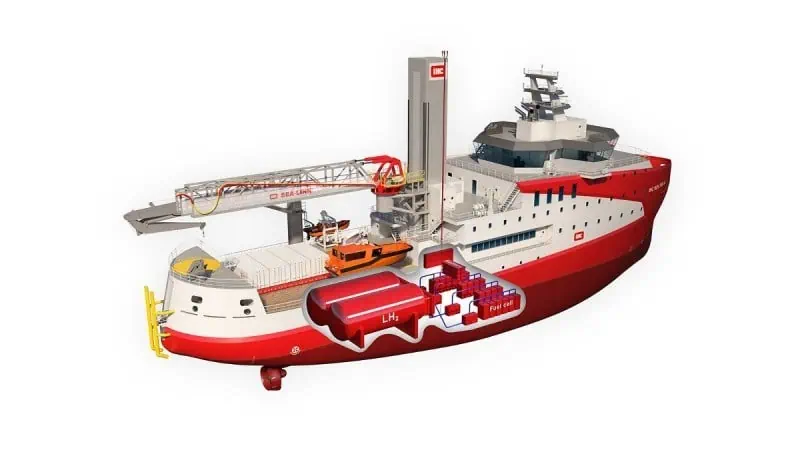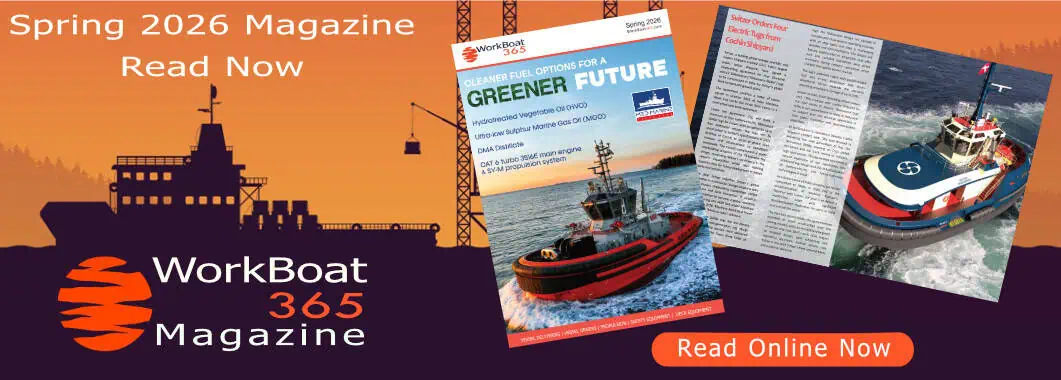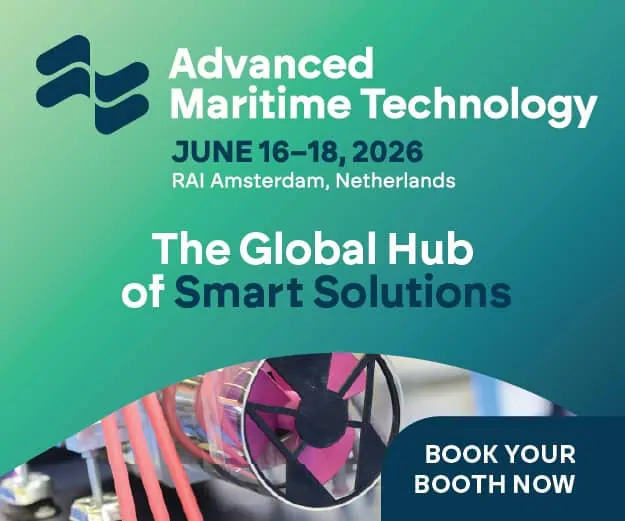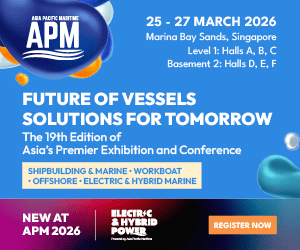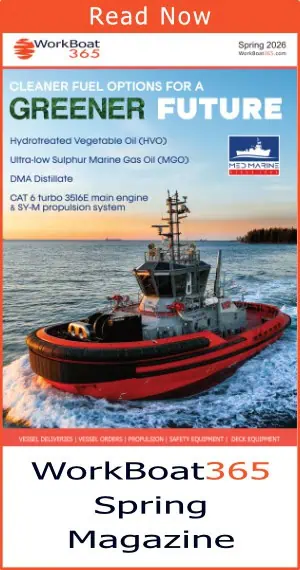To realise our vision of zero emissions and a more sustainable future, Royal IHC recognises that close cooperation with all stakeholders – including national governments, customers and suppliers – is required. Royal IHC is already an active member in joint industry projects such as ZERO JIP, Green Maritime Methanol, and READINESS. By entering into such partnerships, barriers can be lowered, and the risks of investment reduced.
LEAF HOPPER
In an innovation partnership with the Dutch Rijkswaterstaat (the Directorate-General for Public Works and Water Management), Royal IHC is exploring a new type of vessel that is referred to as the “LEAF” (low energy adaptive fuel) hopper. The exploration phase began at the beginning of 2019, with the aim to develop a vessel that will be operational in 2024.
Rijkswaterstaat has the ambition to become CO2 neutral by 2030, so it needed to come up with cost-effective solutions that could significantly reduce CO2 from 2023. With this in mind, Royal IHC has been developing a hydrogen-powered trailing suction hopper dredger (TSHD) that will be used to maintain the Dutch coastline.
In terms of emissions, the LEAF hopper releases only water vapour. A minimal amount of CO2 SOx, NOx and particulate matter is released during the construction of the vessel and in producing green hydrogen. In addition, many design features on the LEAF hopper contribute to low energy consumption, including an electric drive train and energy recovery systems. Read more about this project
ZERO EMISSION SOVS
New wind farms are set to be located further offshore than ever before, resulting in longer transit times and requiring dedicated service operating vessels (SOVs). While the life-cycle emissions of offshore wind energy are lower than those of fossil fuels, emissions still occur in maintenance operations.
Therefore, Royal IHC has been developing a zero-emission concept – the SOV T60-18. Its power generation system has been designed around its operational profile to maximise emission reduction potential. Valuable insights regarding the current application and possible improvements to the vessel were gained by analysing the operational data of various SOVs in the North Sea.
Several potential “future fuels” and drive-train systems were considered in developing the T60-18, such as compressed and liquefied hydrogen, and methanol. As a result, the T60-18 has been designed to accommodate sufficient liquefied hydrogen storage without affecting the warehouse capacity and primary walking routes for service teams.
An energy storage system also allows the SOV to switch its engines off when operating with low loads for a certain period of time. This mainly acts as the required spinning reserve for dynamic positioning (DP) operations. In this way, low-load engine operations, running hours and fuel consumption are reduced.



